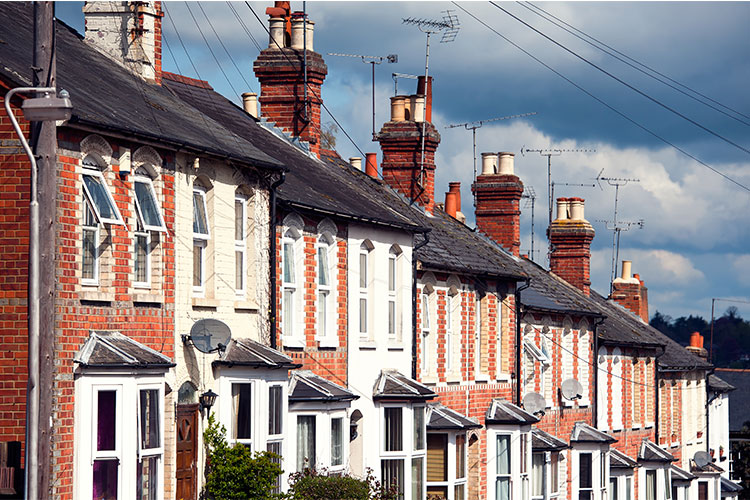

In recent months, activity in Britain’s housing market has been recovering after a slump in late 2022
April 10, 2024 | Staff Reporter | UK | Property Management

British house prices fell 1.0% in March, their first drop since September 2023, figures from mortgage lender Halifax showed last week, contrasting with the more upbeat picture from other housing data earlier in the week.
Halifax, part of Lloyds Banking Group, Britain’s largest mortgage lender, said the drop was not entirely unexpected after price rises in the previous five months and continued high interest rates. But it leaves prices just 0.3% higher than a year earlier – below both the median forecast for a 1.45% rise in a poll of economists and the 1.6% increase reported by Nationwide, Britain’s second-largest mortgage lender.
In recent months, activity in Britain’s housing market has been recovering after a slump in late 2022 when Liz Truss’ brief term as prime minister roiled financial markets and the Bank of England raised interest rates more sharply. Bank of England’s (BoE) recent data showed that February had the highest number of mortgage approvals since September 2022, as wage growth began to outpace inflation and BoE rate cuts became a more concrete possibility.
Looking ahead, we expect mortgage rates to remain higher than in January and February and hover at just under 5% over the coming months, which will subdue demand and prevent further gains in house prices.
Kim Kinniard, Director, Halifax
However, Halifax director Kim Kinnaird said financial markets had become less optimistic about the degree and timing of rate cuts due to stickiness in some underlying inflation measures. “This has stalled the decline in mortgage rates that had helped to drive market activity around the turn of the year,” she said.
Investors currently expect the BoE to start cutting rates in June or August, and for rates to fall to around 4.5% by the end of the year from 5.25% now. Imogen Pattison, an economist at consultants Capital Economics, said Halifax’s house price data tended to be more sensitive to movements in interest rates than Nationwide’s.
“Looking ahead, we expect mortgage rates to remain higher than in January and February and hover at just under 5% over the coming months, which will subdue demand and prevent further gains in house prices,” she said. House prices are still around 20% above their level before the COVID-19 pandemic – mirroring big rises seen in many other advanced economies – after moving in a fairly narrow range since the spring of 2022, Halifax said.